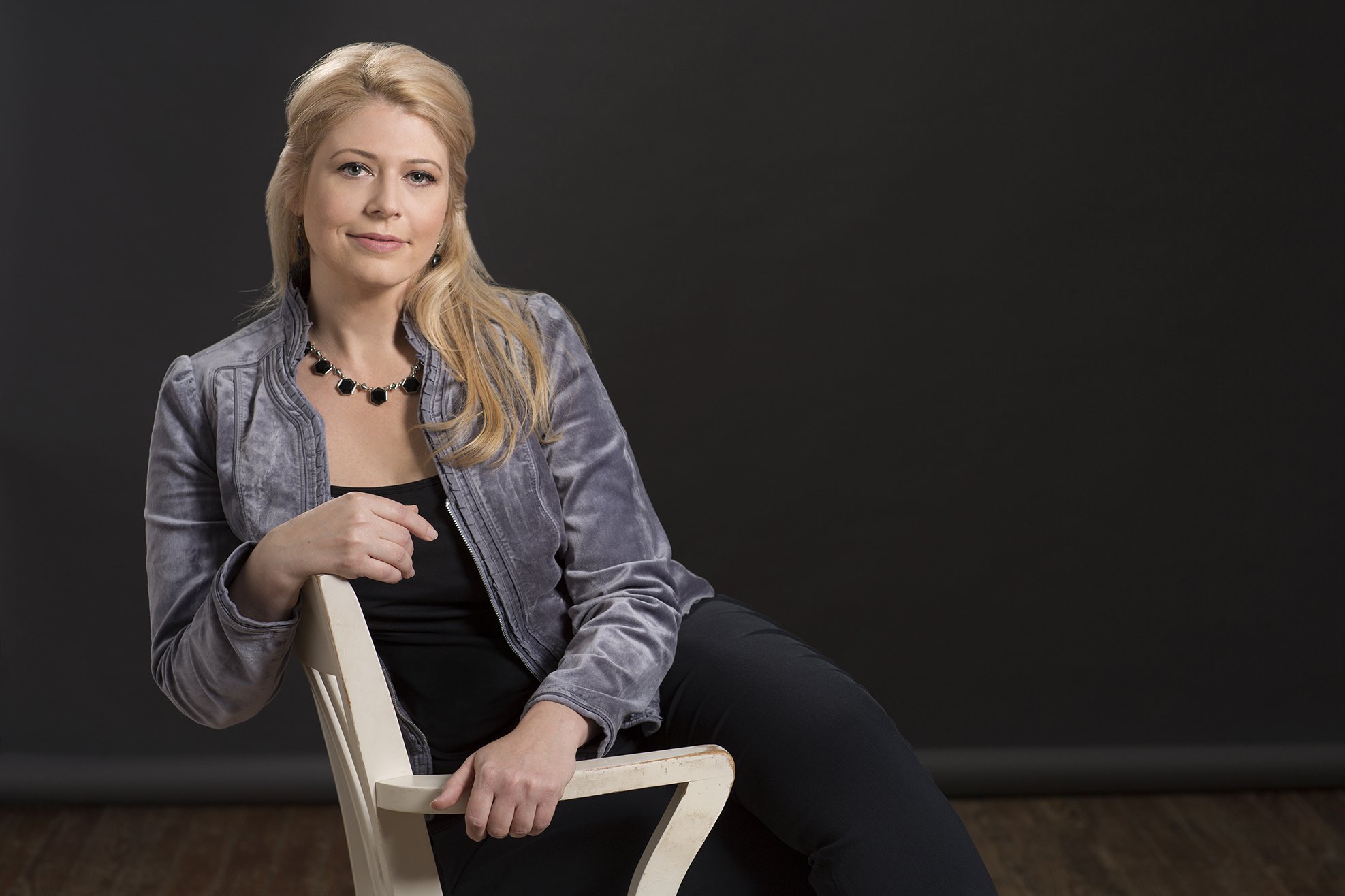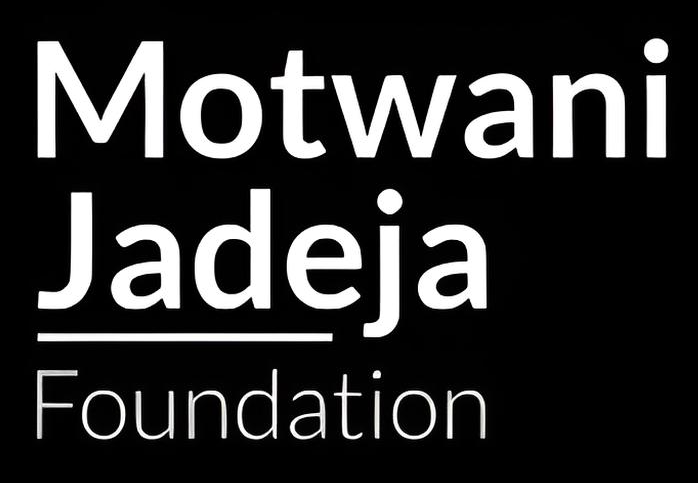Women who are leading change today don’t always have high-ranking positions … not yet, anyway. Some are young leaders who bring drive, resourcefulness, and forward-looking approaches to their work in fields that are critical to our future. World Woman Hour honors Divya Kaur as one of these. Divya works at Accenture, a global information technology services and consulting It’s the kind of company that helps other organizations improve. Divya’s role, as a Digital Strategy Consultant, at Accenture’s Applied Intelligence Group is to help them use and understand data.
Data science is an important field with uses in all kinds of organizations—from business firms and nonprofit groups to scientific labs and public service agencies. They all try to study information that could point to better ways of doing their jobs. Modern computing technology makes it possible to sift through huge amounts of data and detect patterns leading to new insights or practical solutions, which is where Divya comes in. Together with her teams at Accenture, she develops software to crunch the data and even show the results in easy-to-read visual displays.
Divya started her schooling as a young girl in India, then finished high school and earned a college degree in the U.S. What’s remarkable is that she had no formal education in digital technology, but has accomplished much by learning constantly—especially from the women around her. Here are highlights from her interview with World Woman Hour.
Q: Could you tell us about the journey that brought you to this field and this career?
Divya Kaur: The journey to my current role as a data analytics and visualization specialist was not a conventional one. When I went to school at USC I majored in economics, because that’s just something I was interested in. I also did a minor in user experience design, which helped me in my current role, but there was no way it related to a tech background, so transitioning to a technical role was a very hard journey in itself. I was placed on my first project as a data visualization specialist. I knew my UX background might help me design the final solution, but I didn’t know how to build it out, using any technical skills, so I had to learn a lot about SQL and Tableau [common software tools for that purpose].
Having a female manager was a huge support. She guided me through her process and how she started her career; how she used to involve herself in projects. She would share tips on whatever technical resources I could learn and also share her perspective, as a minority female in tech. So it took a combination of mentorship, a lot of hard work and learning in my own time, to transition into the role I am in today.
Q: Are there particular challenges you face in your job?
Divya: We start with a lot of client-facing work, so you have to be at your A game all the time. It’s not an internal project; you are in front of your client and you’re taking on leadership roles. It can be hard putting up that face when you’re simultaneously learning on the job as well. So balancing the two has always been tough, but I think I do a pretty good job. Having good mentors really helps. I can set up one-on-ones with them whenever I have questions, and when we work together as a team we try to be supportive of each other.
Q: What could be done to bring more women into the field and have them participate more equally?
Divya: I have a threefold answer to this. First, the workplace needs to place emphasis on things like hiring equal numbers of men and women, and making sure there is equal pay. Accenture has a commitment to have an equitable workforce by 2025, so there should be a 50/50 balance of men and women, for those who identify as having a binary gender.
Another step is having good female mentors in the workplace, and really working with them. That means using them as a guiding force, sitting in on important conversations they might be having, and making sure we have a forum to express our ideas and have them taken into consideration when it comes to decision making.
The third step is getting rid of more exclusive language and terminology —the “bro speak” that tends to exclude us in certain situations. We need to make sure we are not using any kind of unconscious bias, and an important way of doing that is to use inclusive language in our meetings, email and documents.
Q: If you could go back in time, is there advice you would give to your younger self?
Divya: Don’t let the impostor syndrome stop you from doing something. [This is the insecure feeling that you’re not really good enough, that you are just an “impostor.”] When I was applying to colleges in my junior year of high school, I didn’t think I was capable of applying to the schools that were my top choices, so I didn’t. Instead, I spent two years at a school that was not an ideal fit for me and then transferred to USC when I felt I was ready, and I think that put me two steps behind where I could have been.
So after college, when the chance came to transition from a non-technical to a tech role, I was really mindful of making sure that I didn’t stop myself from doing it just because I felt like I wasn’t ready. I talked to the mentors and managers around me who had made that switch and I think that played a key role in my decision to just go for it.
Men tend to apply for jobs that they might be underqualified for, but women think a lot about applying to jobs that they might even be overqualified for. So the advice is to make sure you’re talking to the right people, and not to stop yourself from doing what you want to do.
Q: Any thoughts about dealing with failures or setbacks?
Divya: Definitely there were failures and setbacks when I was switching into a tech role from the non-tech space. But I didn’t let that stop me. I was always talking to my managers and setting myself up for the change. There were times when I wasn’t able to build out a technical solution, but the more I was able to talk about it, and the more I shared, I was surprised at how many people were willing to help me.
Q: Are there practical benefits to having more women in fields like tech? What is gained by including women; what is lost without their presence?
Divya: I feel excluding any gender or any human from any kind of experience or project is a loss in itself. It’s really important to take everybody’s opinion into consideration, because it helps the team develop a shared vision, and in the way, we communicate and deliver to our clients. So, having a female perspective is definitely important. We also come from a more human-centered approach in the way we solve things.
Whenever I work on a project, I’m very conscious of making sure that everybody feels heard and seen on how we can use their skills to the best of their abilities. I think when you use that human-centered approach, it plays a key role in the value you’re able to deliver. Accenture’s pledge to gender parity plays an important role in my human-centered approach.
Q: In your view, what does leadership consist of?
Divya: Leading, to me, is humility. It’s being compassionate and empathetic in the way we deal with our teams. Leadership comes in many forms, but when we are starting a project or anything new, putting ourselves first doesn’t help anyone. For example, when I start a project, I try to put my team in a room together and ask them the right questions: Do you understand what we are trying to achieve? Are you aligned with the shared goal? What skills do you think you can bring to the table? Understanding everyone in this way really helps us move forward in the right direction.
Q: What advice do you have for girls or young women who want to take action, right now, to start advancing themselves?
Divya: Opportunities won’t always come walking toward you. It’s important to go chase them sometimes. So, take that leap of faith. Surround yourself with the right people, the right mentors, and go for it.



































